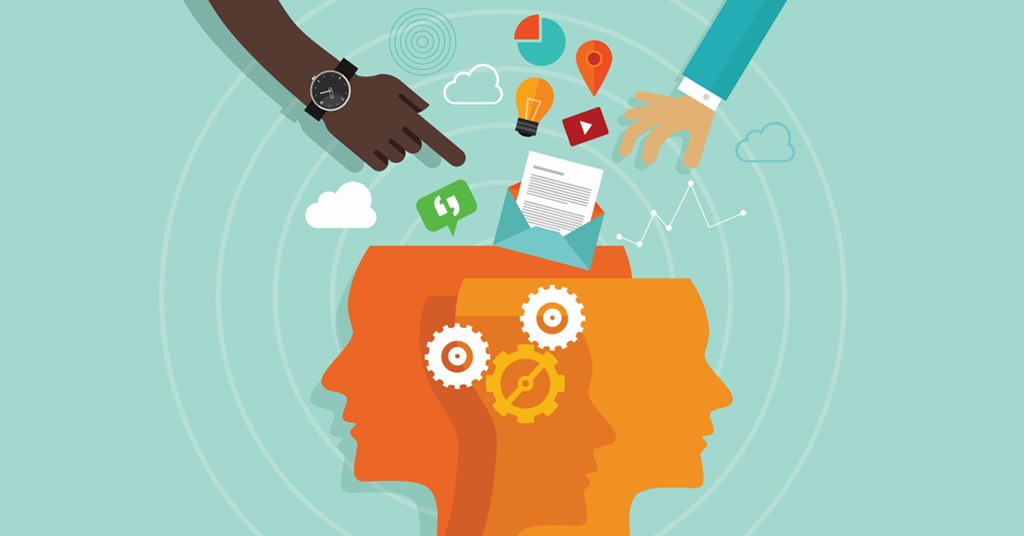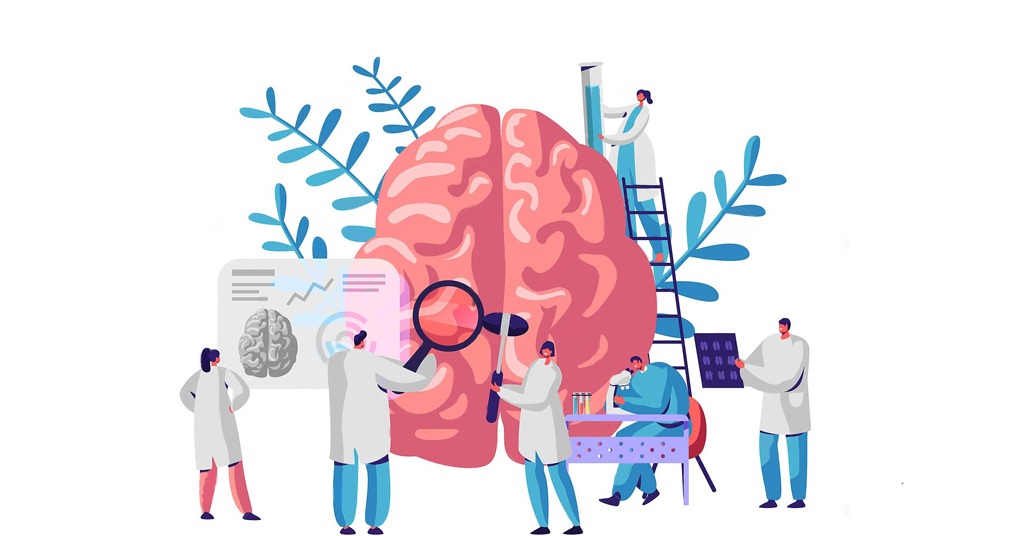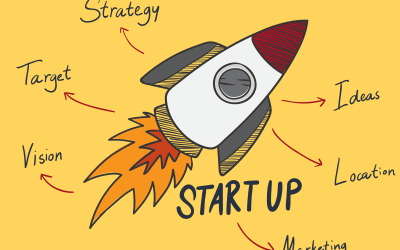Neuroscience Behind ‘THE SUCCESS’
People often talk about the “secret to success,” but few truly understand what that secret entails. Success is not a destination you reach overnight; it’s a gradual journey. It demands time, energy, hard work, and most importantly, patience. Successful individuals appear to thrive under pressure, maintaining calm and focus while waiting for things to align.
What is Neuroscience, and How Does It Relate to Success?
Neuroscience is the scientific study of the brain and nervous system, exploring their impact on behavior, thinking, and decision-making. It delves into how neural mechanisms influence emotions, reactions, and resilience—key components of success. Moreover, neuroscience sheds light on how the brain responds to stress and how to optimize mental performance to achieve goals.
According to recent studies, neuroscientists affirm that remaining calm during chaos significantly enhances performance. Chronic stress can suppress the brain’s ability to generate innovative ideas, making it crucial to master the art of staying composed in high-pressure situations.
The Neuroscience of Success: A Four-Step Process
Here is a practical, neuroscience-backed strategy to help you train your brain, stay calm, and navigate challenging situations effectively.
1. Understand the Brain’s Stress Response

The brain’s “chemical lab” reacts to stressful events by releasing cortisol, the stress hormone. This hormone prepares the body for action, often leading to increased heart rate, shallow breathing, or a freeze-or-fight reaction.
While this response is natural, excessive cortisol can impair decision-making and escalate anxiety. Recognizing these signs is the first step toward managing them.
2. Acknowledge and Redirect Emotions

Once you detect your stress response, shift your focus to positive outcomes. Dwelling on negative scenarios perpetuates the anxiety loop, while positive visualization helps you regain control.
For instance, a 2025 study by Harvard University demonstrated that individuals who practiced gratitude and positive thinking during stressful situations reported a 30% reduction in cortisol levels compared to those who didn’t.
3. Practice Mindful Breathing

Deep breathing exercises are a proven method to calm the brain. Techniques like counting your breaths from 1 to 10 while inhaling and exhaling slow down the stress response. Alternatively, focusing on an object’s texture or color engages your sensory systems, redirecting attention from anxiety.
Neuroscience-backed mindfulness practices can reduce cortisol by up to 50%, as shown in a 2024 Stanford study.
4. Reassess the Situation with a Calm Mind

After calming your brain, revisit the problem with a fresh perspective. A composed mind is more likely to analyze situations rationally and make sound decisions. Studies indicate that individuals who practice calmness in high-stress environments are 40% more effective in problem-solving compared to those who react impulsively.
Examples of Neuroscience in Action
-
Serena Williams: The Power of Visualization
Tennis legend Serena Williams attributes much of her success to mental training and visualization. By focusing on winning moments and practicing mindful breathing during matches, she has consistently outperformed her competition.
-
Elon Musk: Staying Calm Under Pressure
Elon Musk’s ability to maintain composure during crises, such as the SpaceX rocket failures, highlights the importance of emotional regulation. By staying calm, he led his teams to innovate and achieve groundbreaking success.

Benefits of Neuroscience-Driven Calmness
- Enhanced Leadership: Leaders who remain composed inspire confidence and make better decisions.
- Improved Workplace Productivity: Managing stress effectively fosters a positive and efficient work environment.
- Resilience Building: Training your brain to stay calm strengthens your ability to adapt to challenges.
Final Thoughts
Success is deeply intertwined with neuroscience. By understanding and training your brain, you can navigate challenges, manage stress, and achieve your goals. With consistent practice of these neuroscience-backed techniques, you can develop the resilience and calmness needed to excel in your personal and professional life.
Remember, success is not just about reaching the destination but mastering the journey itself.
About CO-OFFIZ : Coworking Space in Delhi-NCR
Co-Offiz is a leading provider of coworking spaces in Delhi-NCR tailored for young professionals, startups, freelancers, and entrepreneurs. We emphasize a collaborative work culture that enhances productivity while providing a hassle-free and aesthetically pleasing environment based on Vastu principles.
Our modern amenities include high-speed internet, unlimited tea/coffee, breakout zones, power backup, and CCTV security. Our vibrant meeting rooms feature LED TV projectors and ergonomic chairs, fostering an ideal workspace.
With locations in in Preet Vihar (East Delhi), Janakpuri (West Delhi), Netaji Subhash Place (North Delhi), Noida Sec-63 and Gurugram Sec-58, we offer flexible seating, dedicated desks, and private cabins at competitive prices, all conveniently located near metro stations for easy access.


